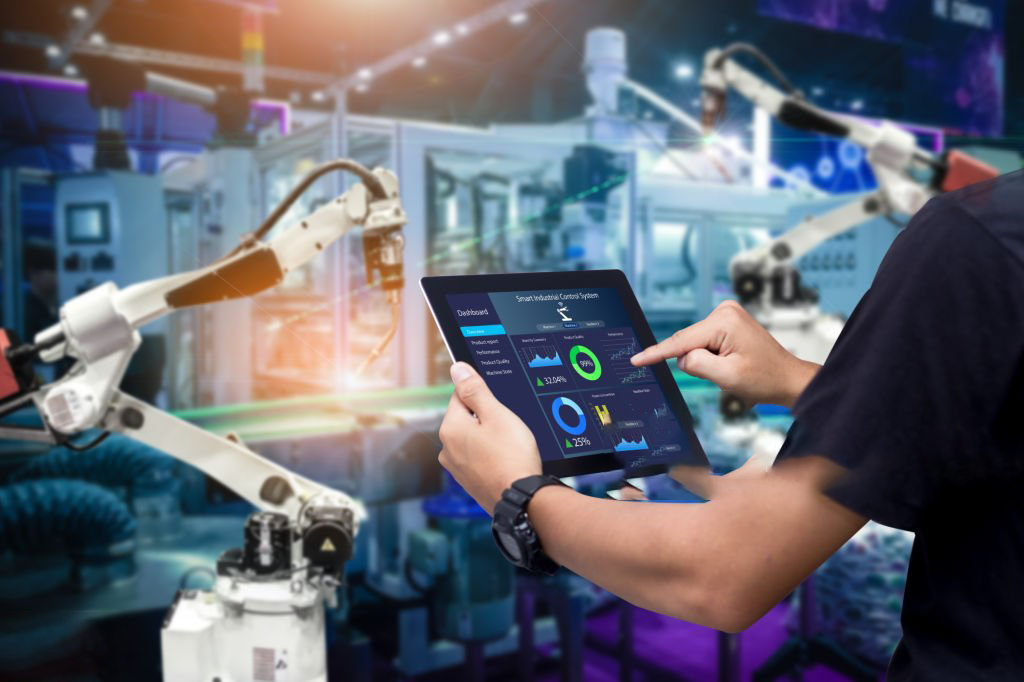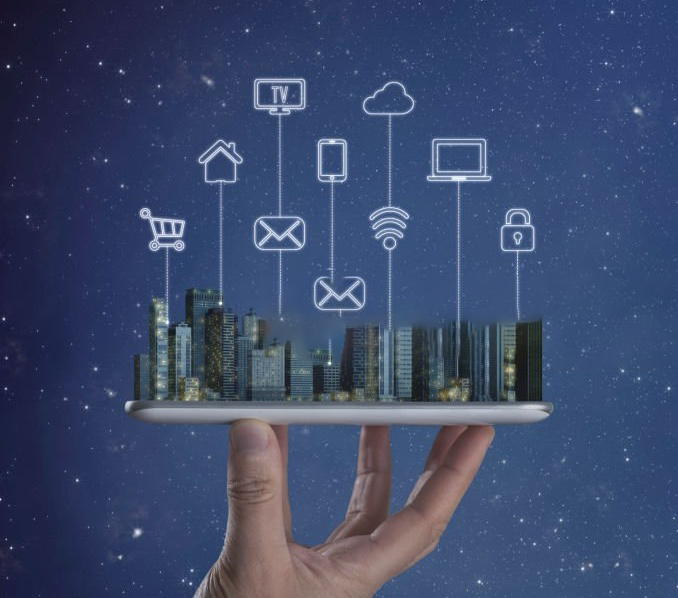Quantamise is the partner of choice for many of the world’s leading enterprises, thanks to our unparalleled expertise and innovative solutions. We deliver tailored strategies that drive success, optimize performance, and foster growth in an ever-evolving global market. Our commitment to excellence and client satisfaction sets us apart as a trusted ally in navigating complex business landscapes.

Transform your business with IoT-driven custom software development by Quantamise. Merge your vision with our expertise to unlock innovative growth opportunities through connected technologies.
Industries today focus on two key technological areas: Operational Technology (OT) and Information Technology (IT). OT follows a bottom-up approach, starting with the development of basic components and building up to a fully operational system. In contrast, IT uses a top-down approach, deploying tools, software, and networks to create connections between data and people.


Enterprises are adopting agile methodologies in IoT solutions to minimize costs
associated with non-performing assets and activities. To thrive in a highly
competitive IoT market and outpace competitors, businesses must go beyond
traditional pre-configured solutions. An intuitive and superior UI design can
greatly enhance brand perception and swiftly convert visitors into customers.
By embracing agile practices in IoT, organizations can quickly respond to market
shifts and customer needs, driving innovation and continuous improvement. This
flexibility is essential for maintaining relevance and competitiveness in today's
fast-evolving IoT landscape. Agile methodologies also encourage collaboration and
transparency, leading to more informed decision-making and increased team
productivity in IoT projects.
Quantamise provides custom IoT application development services that empower enterprises to enhance their IT infrastructure, enabling new capabilities and improving the experience for both customers and partners.

 Consulting
Consulting
A tailored IoT solution design involves creating customized systems that address the unique needs of specific industries and business use cases. This approach ensures that the IoT solution aligns with the particular requirements, challenges, and goals of the organization, offering targeted functionality and optimization. Strategic roadmap and consulting services are essential for guiding businesses through the transformation of their models to leverage IoT technologies effectively. This includes developing comprehensive strategies that outline the steps and milestones needed to achieve the desired business outcomes.
 Edge
Computing
Edge
Computing
When discussing IoT solutions, several key components come into play: sensors, connectivity, and connectivity protocols are essential for gathering and transmitting data. Edge analytics and interoperability ensure that data is processed efficiently at the edge and can work seamlessly across different systems. IoT platforms and gateway frameworks facilitate data processing and integration. Communication protocols and message brokers manage data flow, while IoT security ensures the safety and integrity of the system.
Get in touch to discover how our IoT solutions can enhance and grow your business.